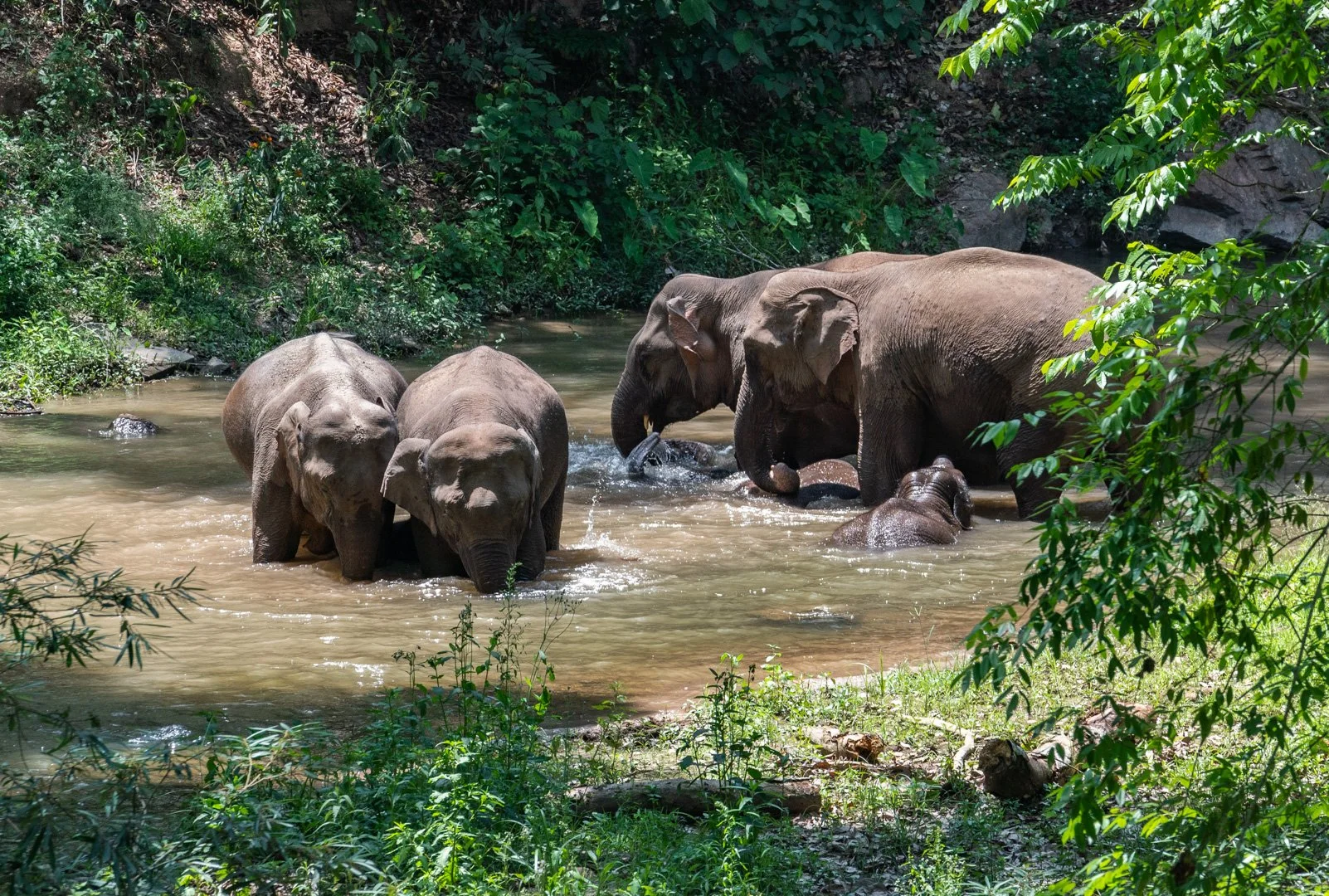Why Paying to Volunteer with Ibu Bumi Orangutan Helps Save Rainforests and Wildlife in Sumatra
When people first discover the option to pay to volunteer, especially in remote places like Sumatra, Indonesia, the idea can seem confusing. Why pay to work?
But when it comes to volunteering with grassroots conservation NGOs like Ibu Bumi Orangutan, your payment is not a fee for service—it’s an investment in environmental protection, local empowerment, and long-term impact.
What You’re Really Funding When You Pay to Volunteer
At Ibu Bumi Orangutan, located near the edge of the Gunung Leuser National Park—one of the last remaining homes of the critically endangered Sumatran orangutan and Sumatran tiger—your volunteer fee directly supports:
Forest restoration and reforestation
Wildlife protection and monitoring
Environmental education in local schools
Sustainable livelihoods and community ecotourism
Local employment of rangers and educators
This work is urgent, and it doesn’t receive government funding or large donor backing. Without volunteers, many of these conservation efforts would stop entirely.
---
1. You're Helping Fund Real Conservation Work
Unlike large international organizations, Ibu Bumi Orangutan is locally led and community-based. Every program depends on outside support, and your contribution as a paying volunteer helps:
Maintain daily patrols and camera trap monitoring to protect endangered wildlife
Plant native trees and manage reforestation nurseries
Develop sustainable tourism models that replace illegal logging or poaching with conservation jobs
Without volunteers like you, this work wouldn’t be financially sustainable.
---
2. You're Supporting Local Jobs and Long-Term Change
Your volunteer payment directly helps retain skilled local staff who are the backbone of Ibu Bumi Orangutan’s operations:
Forest rangers
Wildlife guides
Conservation educators
Program managers
These are fair-wage jobs in rural areas where opportunities are scarce. Volunteers help build capacity and leadership in the very communities that depend on the forest to survive.
---
3. You’re Ensuring a Safe, Ethical, and High-Impact Experience
Your contribution also covers the logistics and infrastructure that make your stay safe and productive:
Comfortable, eco-friendly accommodations
Healthy meals and purified drinking water
Orientation, forest safety, and cultural briefings
Field equipment and transport
Conservation permits and insurance
These essentials are what allow Ibu Bumi Orangutan to offer ethical, responsible, and meaningful volunteer programs, rather than tourism disguised as conservation.
---
4. You’re Part of Something Bigger
Volunteers with Ibu Bumi Orangutan do more than observe; they participate in the daily work of protecting Sumatra’s forests:
Collecting data for biodiversity research
Assisting with eco-education in village schools
Supporting reforestation with hands-on planting
Helping build or maintain trekking trails for ecotourism
Creating content and media to raise awareness globally
Every task connects back to the mission of rainforest protection and wildlife conservation.
---
5. You’re Choosing Ethical Volunteering in Sumatra
There are many volunteering options in Indonesia, but not all are created equal. Ibu Bumi Orangutan follows principles of:
Transparency and community involvement
Conservation science and evidence-based work
Direct local benefit
Responsible wildlife interaction policies
Long-term sustainability
When you volunteer here, you know where your money goes and what your impact is.
---
Ready to Volunteer in Sumatra and Make a Real Difference?
Volunteering with Ibu Bumi Orangutan isn’t just an experience—it’s a direct contribution to the survival of endangered species, ancient rainforests, and local cultures.
Whether you're a gap year student, conservation professional, or passionate eco-traveler, your time and contribution matter more than you know.
Learn more and apply today at sumatratrekking.com/volunteer
Or contact us directly at info@ibubumiorangutan.org




